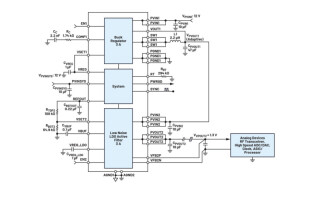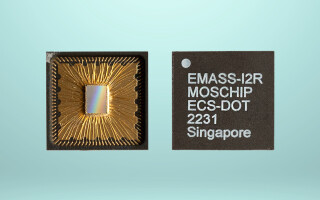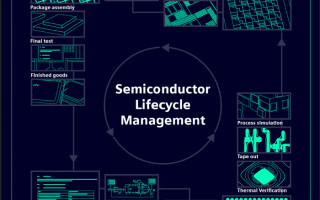Telemedicine Can Work If the Trust Is Present
March 22, 2023
Sponsored Story

Thanks to a host of modern innovations, not the least of which is the proliferation of the IoT, the world is changing at an astounding pace, and health care is changing with it—and that’s a great thing. The dreaded delays in doctors’ waiting rooms have given way to real-time online diagnosis, treatment histories stored in the cloud, and other innovations.

Smart health brings substantial advantages. When the predictive power of Big Data is applied to health care, the result is predictive medicine. This technological breakthrough offers the ability to foresee certain ailments and events based, for example, on health data collected through smartphones and wearables.
Examples of this technology abound: a wearable device not only reminds the diabetic patient when to administer insulin. Going (at least) one step further, data collected on the patient's blood sugar levels, when stored and analyzed by a cloud service, can reveal patterns that improve treatment and make everyday life more comfortable. Heart rate information from a fitness bracelet not only helps optimize the wearer's workout, the data could also be analyzed for signs of a far-off, but avoidable, cardiac event. Home healthcare appliances stay directly in touch with supervising medical professionals.
Assessing the Risks
Of course, all of these opportunities also entail certain risks. The long service life and complex but critical nature of health care IT systems makes security difficult. The high cost of keeping these complex systems constantly on par with security advances can be prohibitive. That said, it’s important to ensure that continual upgrades are occurring. And while seemingly everything has changed in our lives, the one element that hasn’t and won’t change is the need for trust. While the advances of constant connectivity and remote video can bring healthcare directly to the patient and his/her smart home, that doctor-patient relationship will end quickly if the user (patient) can’t achieve the desired level of trust.
“Trust” in this context has two separate meanings, yet both are vital. First is the trust in the diagnosis that is made by the doctor, but aided more and more by an AI platform. Patients must believe that this method of care is better than (or at least as good as) the doctor alone making the diagnosis and treatment plan.
Second is the trust in the technology that supports the doctor and the patient. The patient must have the assurance that their devices, the cloud, and the connection between them will not be hacked and the patient’s information is not shared beyond those that are permitted to receive it. Without the confidence in both of these trust factors, telehealth will not achieve its desired goal of improved medical care. And with the high number of health care service providers in the market, widely varying levels of security expertise and preparedness are inevitable. Another issue is authentication of patients and providers, which is increasingly digital and remote.
Assembling the Components of Trust
When it comes to the technical trust, Infineon provides the security needed to establish trust as well as all the other technology needed to make IoT-based home medical care prosper. That includes products that are widely used to secure smart health systems from the home to the clinic and hospital and beyond to cloud services and applications.
Infineon’s range of hardware security products addresses these risks head-on by providing a variety of capabilities suited for various applications. The company’s SECORA ID security solutions can secure patient and provider identity. For IoT products, PSoC microcontrollers include built-in security features while the OPTIGA family of security products offer more specialized features that can be used to establish a hardware root of trust with exactly the features needed for the application.
When it comes to keeping pace with the rapidly changing health care world, look for Infineon products to focus on the one thing that never changes: The need for trust in an increasingly connected IoT world. As highlighted here, Infineon’s security products provide the solid foundation needed to earn and build trust. When customers deploy the entire suite of Infineon products, they make IoT work.





